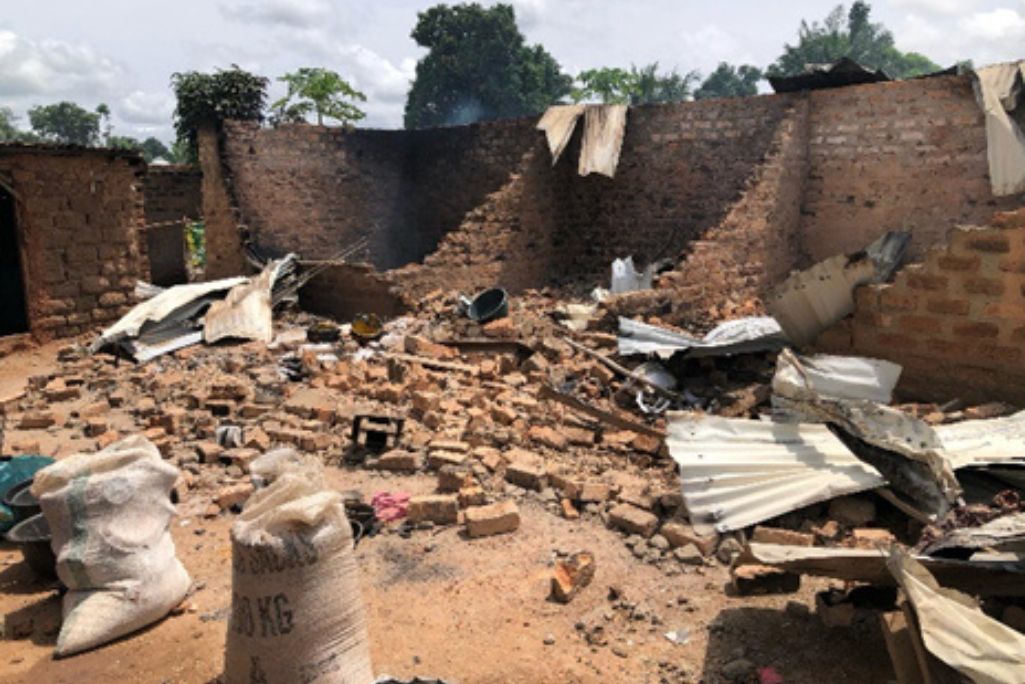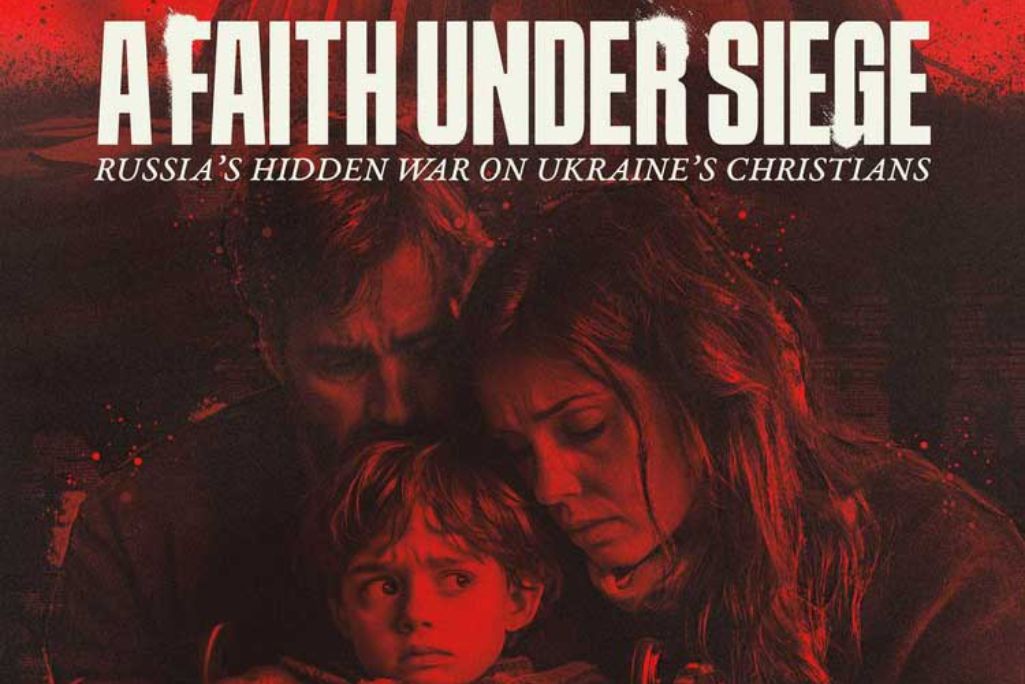
Militant Fulani killed 200 internally displaced Christians in one night at a shelter in Yelewata, Benue, Nigeria, on June 13.
Violent attacks targeting religious communities continue in Nigeria, and the Nigerian government’s enforcement of blasphemy laws significantly restricts religious freedom, a new report from the U.S. Commission on International Religious Freedom (USCIRF) states.
“Attacks targeting religious communities remain a major and ongoing threat to religious freedom in Nigeria and are increasing in frequency,” the commission’s July update on Nigeria states.
The Nigerian government “is often slow to react to violent attacks by Fulani herdsmen, bandit gangs, or insurgents” such as JAS/Boko Haram and the Islamic State West Africa Province, the report asserts.
It adds: “This violence severely restricts religious practice and observance by Christians, Muslims, and traditional religious communities across many Nigerian states in the Middle Belt and in the northeast.
“Perpetrators of the violence have attacked religious sites including churches and mosques, kidnapped or killed religious leaders, and – in some cases – used violence or threats of violence against religious communities while demanding so-called taxes, invoking Shari’a law as justification.”
The commission reports multiple attacks with fatalities in Benue and Plateau states, particularly highlighting the slaughter of 200 people in June — including internally displaced persons sheltered in a Catholic mission.
The report points out armed Fulani herdsmen also are spreading to the south, with 55 herder groups active in the region. That, in turn, is leading to increased internal displacement.
“While the south historically has experienced relatively peaceful coexistence between religious groups, this new presence carries a risk of increased instability,” it states.
“Furthermore, the significant number of Christians killed in the attacks exacerbates the community’s fear that its members will be violently targeted over their faith.”
Blasphemy laws used to restrict religious freedom
The report also highlights how the Nigerian government uses blasphemy laws to restrict religious freedom.
Although Nigeria’s 1999 constitution stipulates federal and state governments cannot adopt an official religion, the nation’s federal penal code criminalizes actions or statements a person could consider “as a public insult on their religion,” the report notes.
“The constitution also grants state governments the authority to adjudicate criminal and noncriminal proceedings through Shari’a courts,” the report states.
Twelve states in northern Nigeria use Shari’a-based law to criminalize blasphemy, allowing stoning, caning and amputation for a variety of offenses, the commission reports.
The commission issued its update on Nigeria one week prior to the day Texas Baptists have been urged to devote to “Prayer for the Persecuted in Nigeria.”
Leaders of the Center for Global Religious Freedom at Dallas Baptist University, Texas Baptists’ Christian Life Commission and the Baptist World Alliance encouraged Texas Baptists to dedicate time during worship service on July 27 — or the first available date in the future — to pray for victims of religious persecution in Nigeria.
In addition to praying, they also are urging Texas Baptists and other concerned Christians to sign an online letter to Secretary of State Marco Rubio, calling for the U.S. Department of State to designate Nigeria as a Country of Particular Concern (CPC).
The CPC designation is reserved for nations that commit or permit systemic, ongoing and egregious violations of religious freedom. Both in its annual report and its July update, the U.S. Commission on International Religious Freedom reiterated its recommendation that Nigeria be designed as a CPC.
(EDITOR’S NOTE — This article originally appeared in the Baptist Standard.)


